Trending Now
Tuesday, Nov, 2024
Home / Sri Lanka's Economic Crisis Pressures Students Studying In Abroad
Sri Lanka's Economic Crisis Pressures Students Studying In Abroad
Access to foreign cash is so restricted that Sri Lanka is now unable to pay for vital imports...
 by Himani Verma /
by Himani Verma /  02 May 2022 13:33 PM IST /
02 May 2022 13:33 PM IST /  0 Comment(s) / 554
0 Comment(s) / 554
-02.png)
Sri Lanka's economy is in a state of disarray. Inflation is skyrocketing, with food costs rising by a startling 30 percent in March alone. The value of the national currency, the rupee, has plummeted against the US dollar, and access to foreign cash is so restricted that Sri Lanka is now unable to pay for vital imports, such as gasoline, resulting in frequent power outages.
The epidemic, which discouraged tourism (a crucial source of foreign finances), and, more recently, the crisis in Ukraine, with its inflationary influence on commodities and food prices, have aggravated the country's financial difficulties. However, the crisis's origins may be traced back to years of mismanagement by previous national administrations, as well as an underlying "dual deficit" problem in the Sri Lankan economy. On the one hand, the nation has a budgetary deficit — that is, it spends more than it earns and has extremely high levels of foreign debt — but it also has a current account deficit, which means it buys more than it sells.
Protestors battled with police earlier this month in response to their dissatisfaction with the government's handling of the economy. The International Monetary Fund said in a March 2022 study of the Sri Lankan economy that "Sri Lanka [is] undergoing a dual balance of payments and sovereign debt crisis." Public debt, according to [IMF] experts, has become unsustainable, and gross reserves are dangerously low and inadequate to fulfil near-term debt servicing demands. While the government's attempts to acquire fresh FX [foreign currency] funding may give some relief in the near term, it is unclear how the significant FX debt payment commitments beyond 2022 would be paid."
Students are struggling to afford their tuition.
With domestic expenses increasing and foreign currency limitations in place – not to mention that obtaining foreign cash is now much more difficult – more Sri Lankan students are struggling to pay tuition for their continued education overseas.
According to media sources in Canada, where over 3,000 Sri Lankan students are now enrolled, third-year Biology student Dehan Kumburugala has been forced to stop his pre-med studies and make arrangements to return home owing to the escalating situation. "With Sri Lanka in such a critical position, paying education fees is just too difficult... "With no one in Canada ready to assist, finishing my degree is out of the question," Mr Kumburugala told New Canadian Media.
As local relief efforts for students and their families continue to ratchet up, additional students complain that their parents are no longer able to send money to finance their education owing to the rupee's depreciation.
Is growth being stifled?
It is unclear how the present crisis will affect outward mobility in the medium to long run. However, Sri Lanka has been generally identified as a significant South Asian growth region for student recruitment. The number of Sri Lankan students studying abroad has almost doubled in the five years before the epidemic, with more than 30,000 students studying abroad in 2019.
For example, Canada, which has a sizable Sri Lankan diaspora, saw its population increase by more than 65 percent between 2020 and 2021.
More generally, the majority of Sri Lankan students studying abroad choose to study in Australia, the United States, Canada, or the United Kingdom, with an increasing number also studying in Asia, particularly India and Malaysia.

Blog / February 11, 2024
Mastering Spoken English: A Journey Through Real-Life Conversations

Blog / January 19, 2024
The Crucial Need for Cybersecurity Education in School Curriculums

Blog / December 19, 2023
How Gamification Transforms Learning into Adventure

Blog / December 01, 2023
Empowering Education: How Artificial Intelligence Shapes the Future of Learning

Blog / September 10, 2023
Looking for Scholarships? 3 Programmes to Apply for by September-October 2023

Blog / May 11, 2023
Top 10 Career Choices for Generation Z

EShort / February 16, 2024
IMS Noida Admissions 2024: Apply for UG, PG programmes

EShort / February 16, 2024
GATE 2024: Response sheet out

EShort / February 16, 2024
BSSTET 2023: Admit card released

EShort / February 16, 2024
NID DAT 2024: Prelims result released

EShort / February 16, 2024
IIT JAM 2024: Response sheet released

Jobs / February 16, 2024
UPSC Recruitment Drive 2024: Apply for 120 vacancies in various departments

EShort / February 14, 2024
UPSC CSE 2024: Official Notification issued; application process begins

Editor's Desk / April 17, 2020
How Does Society Impact Our Education?

Current Affairs / April 22, 2020
Mr. Sudarsanam Babu appointed to U.S. Science Board.
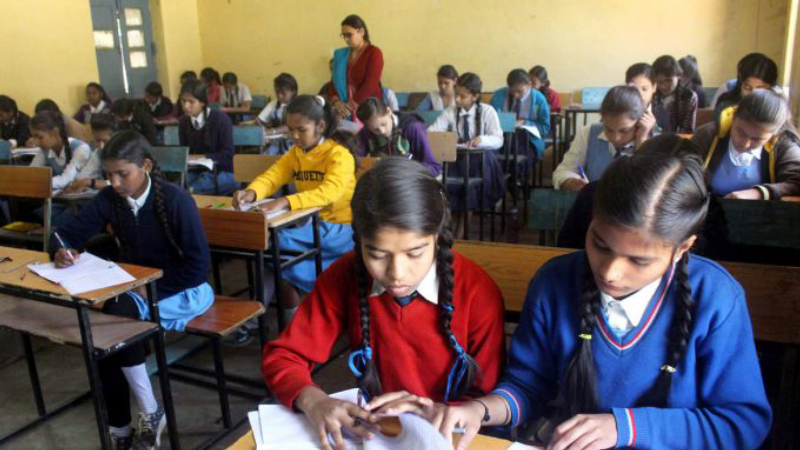
Reforms / April 17, 2020
Traditional Structure of Education In India
.jpg)
Events & Seminars / April 17, 2020
PISA!!
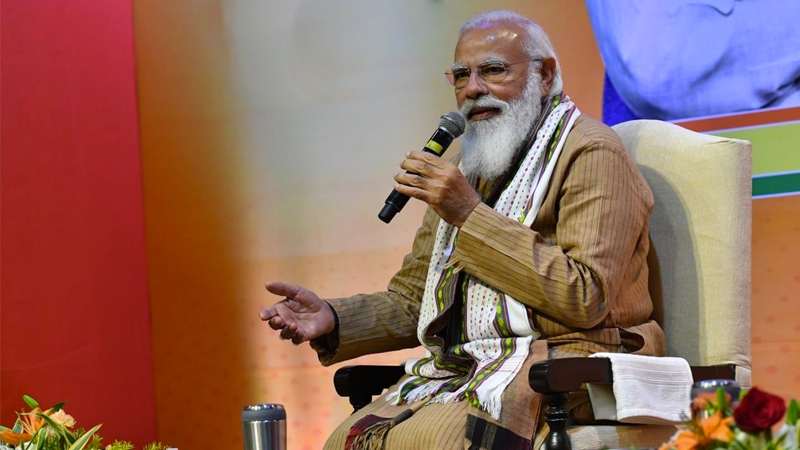
Blog / February 26, 2021
Government's Action On #ModiRojgaarDo

EShort / May 19, 2022
CUET PG 2025 has started the registration process.

Notice Board on Important Dates / April 21, 2020
World Heritage Day

News / July 08, 2021
JEE Mains Registration For Session 3: Last Date To Apply

EShort / December 14, 2021
UPSC Declared Final Result For DCIO Recruitment








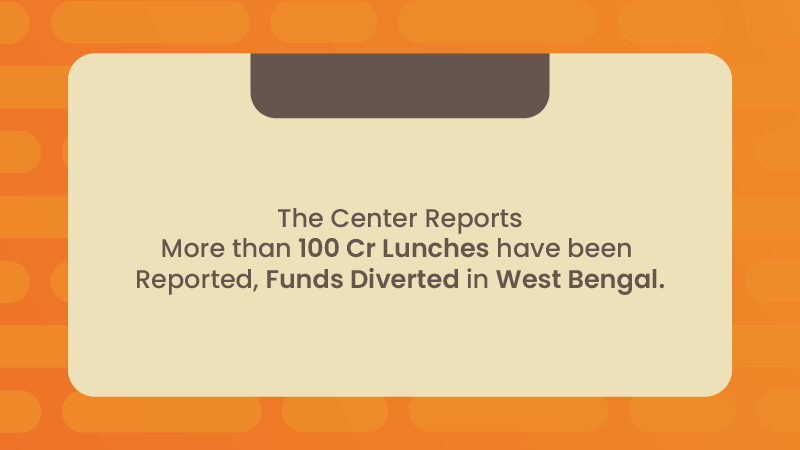

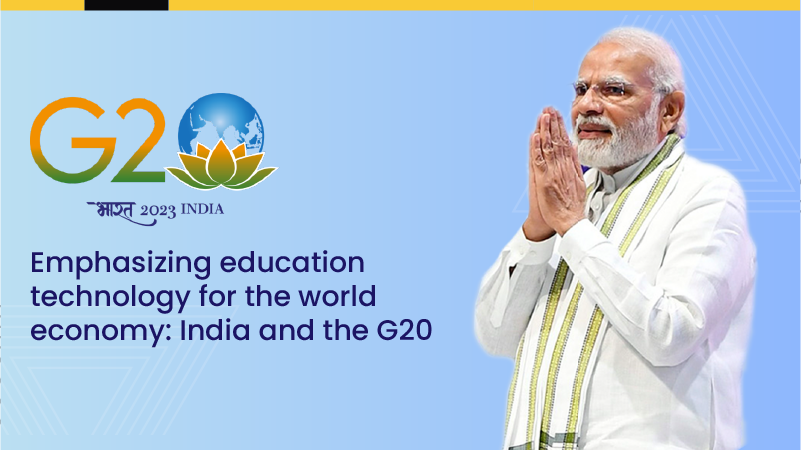



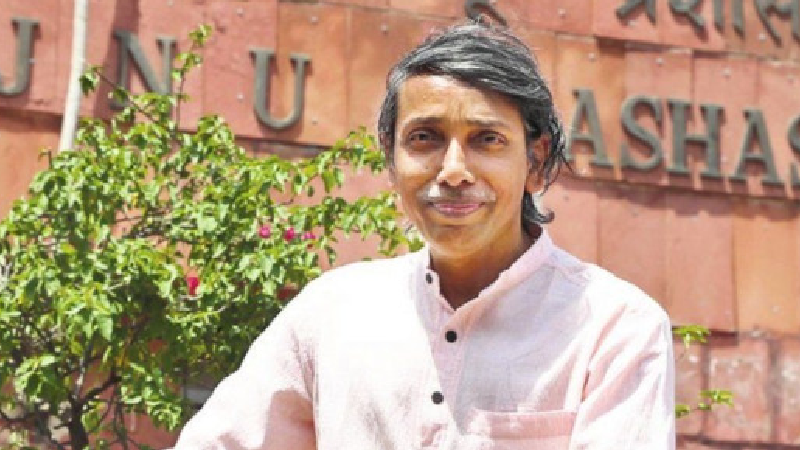




0 Comments
Post Comments